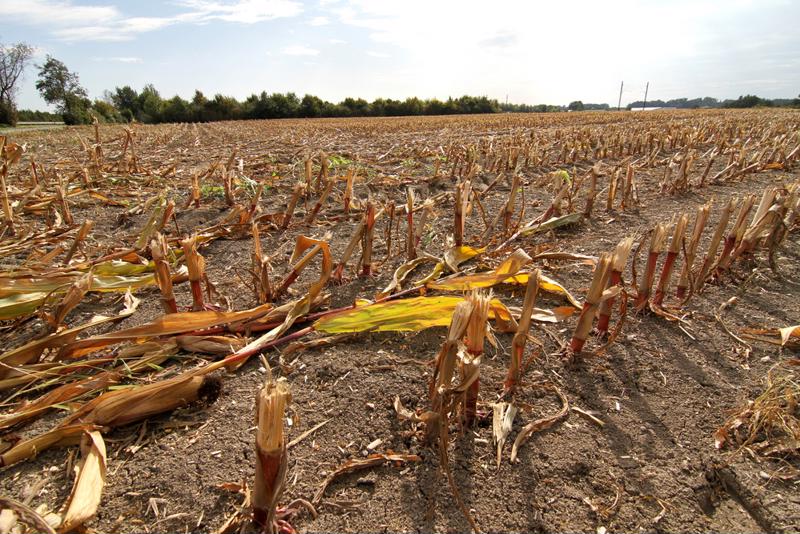
While the drought that wracked much of California has grabbed headlines in the last few months – and the worst of it only recently came to an end – the truth is that, on a historical basis, it’s still going on. In fact, it’s been under way for four years and shows little sign of letting up. That, in turn, has had a major impact on small businesses operating in the state, and many continue to deal with its effects.
Much of California is, naturally, a desert or mountainous, so rainfall is often an issue to begin with, according to a report from Bloomberg Business News. However, that has also translated into less snow in the Sierra Nevada mountains, which, in turn, leads to lower levels for major waterways throughout the state. And with the long, hot summer looming, this is starting to look like it will be a major problem not only for individual residents, but the state’s economy as well, because of just how dependent upon water many companies – large and small alike – are.
Who is affected most?
Of course, when it comes to businesses that can live or die as a direct result of rainfall, there are many privately-run hydroelectric companies in the Golden State, and this is also true of agriculture companies, the report said. For these, the news from government specialists that conditions are so abnormal as to make long-term forecasting difficult cannot be welcomed. Without natural water, many of these companies have to deal with a greater need for pumped-in water, for which they have to pay a premium. Even with more providers flooding the marketplace, there’s little that can be done to help these companies now.
Meanwhile, hydroelectric firms that can use small dams in the mountains to generate power – that they then sell to public electric providers – are also in tough, the report said. The aforementioned minimal snowfall in the mountains mean that they’re not seeing as much water flowing down as the weather warms, and therefore generating less power.
 Minimal rainfall can be disastrous for small businesses, so finding ways to adapt to the problems is key.
Minimal rainfall can be disastrous for small businesses, so finding ways to adapt to the problems is key.Some still flourish
However, some businesses are finding room for success, the report said. For instance, landscaping companies that specialize in providing plants that can be a little more drought-resistant are finding many eager customers among golf courses and other such companies. Likewise, firms that install more eco-friendly irrigation systems – which can direct the small amount of water they release directly to a plant’s root system rather than spraying it about indiscriminately and therefore saving as much as 50 times the water for the same results – are seeing huge upticks in interest as well.
Owners who want to position their companies for as much financial success as possible no matter what happens might want to think about the benefits of finding more affordable small business insurance in general. The more that can be done to cut costs for, say, liability insurance, the better off companies are likely to be when they run into other urgent financial needs.